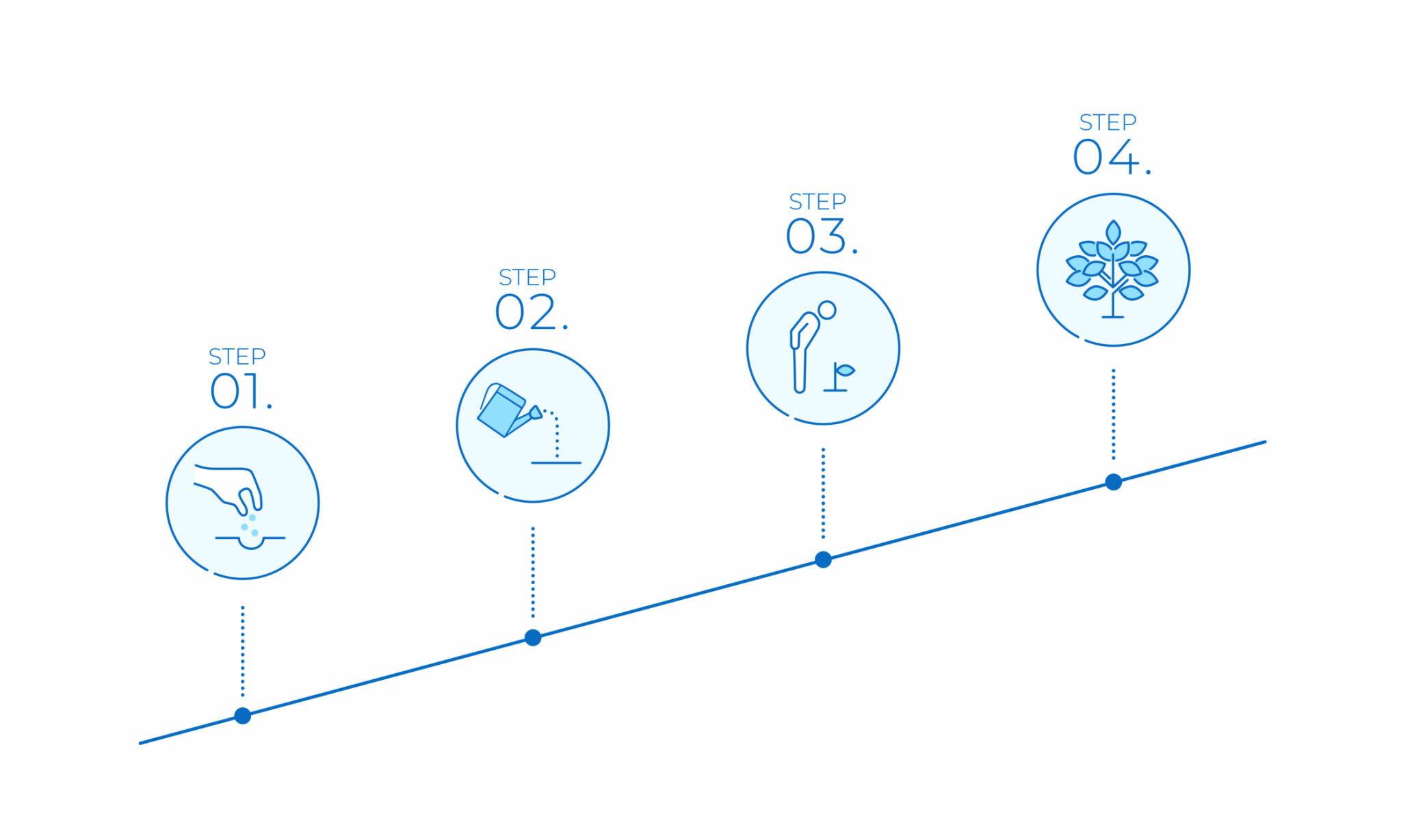A well-crafted business plan serves as a crucial roadmap for entrepreneurs and businesses. It provides a clear and comprehensive overview of your vision, goals, strategies, and financial projections. A good business plan outline lays the foundation for success by guiding you through the planning process and ensuring that all essential elements are addressed. This blog post will discuss a well-structured business plan outline and provide valuable insights to help you create a clear and effective plan.
What is a business plan outline?

A business plan outline is a structured framework that outlines a business plan’s key sections and components. It serves as a guide to help entrepreneurs and business owners organize their thoughts, ideas, and information logically and coherently. However, the specific outline may vary depending on the business’s nature and goal.
Why is a business plan essential?
An outline gives the business a plan for how to move forward. It helps them think critically about the business, their competitors, and the people they want to reach. Drawing a map of the essential parts of a business plan helps make strategic decisions and leads to the creation of good strategies. It also makes the goal more straightforward and ensures that all important things are considered.
Also, having a business plan outline makes it easier to get money or investments. It shows possible investors or lenders that the business has been well thought out and planned. It makes people feel good about the business’s ability to make money and grow.
Lastly, an outline gives you order but lets you change things and be flexible. It can be improved as the business grows and the market changes. This ensures the business stays flexible and can adapt to new chances and problems.
The key features of a standard business outline

Executive Summary
The executive summary introduces your business plan and provides a concise overview of your company, its mission, and its unique value proposition. It should highlight critical elements of your business, such as the target market, products or services, competitive advantage, and financial projections. While it appears at the beginning of the plan, it is often written last to summarize the main points effectively.
Company Description
This part thoroughly overviews your business, outlining its ownership, history, and legal structure. Explain your mission, vision, and values, and describe your products or services. Define your target market, identify your customers’ needs, and explain how your business will fulfill those needs.
Market Analysis
Analyze your target market, market trends, and rivals in great detail. Identify your target audience, their characteristics, and their purchasing behaviors. Evaluate the competitive landscape, highlighting your unique selling points and how you differentiate yourself from competitors. Include market research, data, and statistics to support your claims.
Competitors analysis
If you don’t have any direct rivals in the market for your product or service, you should concentrate on detailing how your clients currently deal with the issue your solution solves. Examine their current procedures and discuss the obstacles or restrictions they experience. This will bring attention to your company’s chance to provide a more effective solution.
In conclusion, this part aims to understand the competitive landscape thoroughly. This can be accomplished by examining direct competitors and differentiation strategies or by investigating consumer choices and the problems associated with those options.
Organization and Management
Provide an organizational structure chart detailing your management team’s key members, roles, and qualifications. Highlight any advisors or consultants who contribute to your business’s success. This section demonstrates that you have a solid team to execute your strategies effectively.
Product or Service Line
Give a thorough rundown of your goods and services. Describe their attributes, advantages, and how they satisfy the requirements of your target audience. Outline any intellectual property rights or proprietary technologies that give your offerings a competitive edge. Include details about your product development or service delivery process.
Marketing and Sales Strategy
Describe your approach to marketing and sales, including your price strategy, distribution networks, and promotional activities, and give examples. Determine who your intended audience is and sketch out the strategies you’ll employ to gain their attention and keep it. Talk about your sales projections, plans for acquiring new customers, and ongoing methods for managing existing client relationships.
Financial Projections
Provide a detailed financial forecast for your business. Include income statements, cash flow projections, and balance sheets. Discuss vital financial metrics such as revenue growth, profit margins, and return on investment. Back up your projections with realistic assumptions and market research.
Funding Request
If you seek funding, clearly state the capital you require and how you will utilize the funds. Explain the potential return on investment for investors and outline your repayment plan if applicable. Support your funding request with financial data, market analysis, and a compelling business case.
Appendix(Optional)
The appendix is an optional section where you can include additional supporting documents, such as resumes of key team members, permits and licenses, market research data, contracts, and other relevant materials.
Also Read: How To Create Content Maps for Planning Your Website’s Content
Conclusion
A good business plan outline is crucial to a good business plan. It gives you a plan to help you make decisions, get investors, and share your goal with stakeholders. Using the key ideas in this blog post, you can make a complete and convincing business plan to help you reach your entrepreneurial goals. Remember to look over and update your plan often as your business changes. This will make sure it stays a valuable tool for your continued success.
Concerned about your business plan’s outline? Schedule a call with Elior right away!

